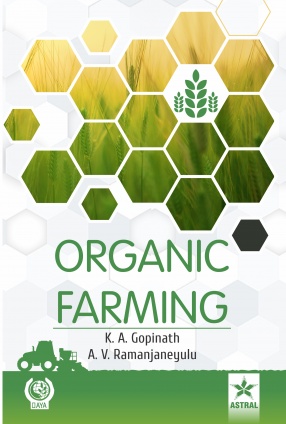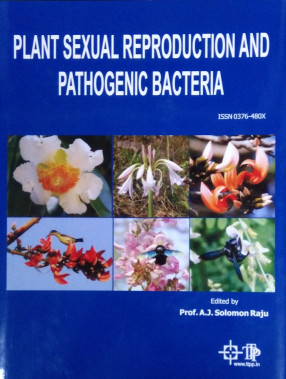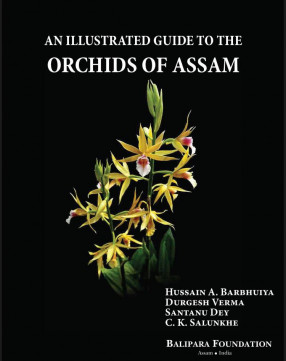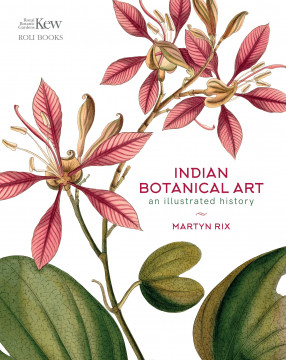Organic Farming
Contents: Preface. 1. Introduction. 2. History of Organic Farming: Return to Right. 3. Components of Organic Farming. 4. Vermicompost: A Viable Resource in Organic Farming. 5. Utilization of Locally Available Resources for Nutrient Management in Organic Farming. 6. Microbial Resources: An Important Component of Organic Farming. 7. Weed Management in Organic Crop Production. 8. Management of Insect-Pests in Organic Crop Production. 9. Non-Pesticidal Management: An Experience. 10. Management of Diseases in Organic Crop Production. 11. Eco-Friendly Management of Vertebrates in Agriculture. 12. Non-Chemical Management of Insect-Pests of Stored Products. 13. Organic Farming in Rainfed Areas. 14. Organic Farming in Hill and Mountain Areas. 15. Organic Farming in Coastal Ecosystems of India: Present Status and Future Prospects. 16. Relevance of Agroforestry Systems in Organic Farming. 17. Organic Livestock Production: Present Status and Future Prospects in India. 18. Integrated Farming Systems for Sustainable Organic Farming. 19. Organic Processing of Meat and Meat Products in India. 20. Climate Change Adaptation and Mitigation Potential of Organic Farming. 21. Nutritional Quality of Organically Grown Food Crops. 22. Economics and Other Dimensions of Organic Farming in India. 23. Participatory Organic Guarantee System for India. 24. Biodynamic Farming. 25. Organic Farming with Cosmic Energy: Rishi-Krishi, Deshpande Farming Technique. 26. Natural Farming. 27. Indigenous Technologies of Organic Agriculture. 28. Perpetual Yogic Agriculture Technology. 29. The Market for Organic Food in India: Present Status and Future Potential. 30. Policy and Institutional Environment for Promotion of Organic Farming in India. Index.
The practice of farming described as ‘organic’ is being promoted under many names including natural farming, biological farming, Agnihotra farming, ecological farming, homa farming etc. Organic farming offers an opportunity for smallholders to improve their production without relying on external capital and inputs and to gain premium prices using organic production methods. In India, there has been significant increase in the area under certified organic farming during the last 13 years. Presently, about 1.44 million ha area is under certified organic cultivation and India ranks 9th in terms of total land under organic cultivation. Further, India has the largest number of certified organic producers (about 0.84 million) and accounted for 1.18 million tons of certified organic produce. This book has 30 chapters and provides a comprehensive coverage of diverse topics of organic farming including history, concept and principles, nutrient management, pest management, nutritional quality of organic produce, organic livestock production management, organic processing of meat, other forms of organic farming, economics, case studies, certification, market, and policy issues. The extensive coverage of topics is complemented with suitable references, making this an essential reading particularly for students of agricultural sciences.
Get it now and save 10%
BECOME A MEMBER







Bibliographic information
K A Gopinath